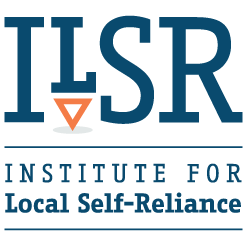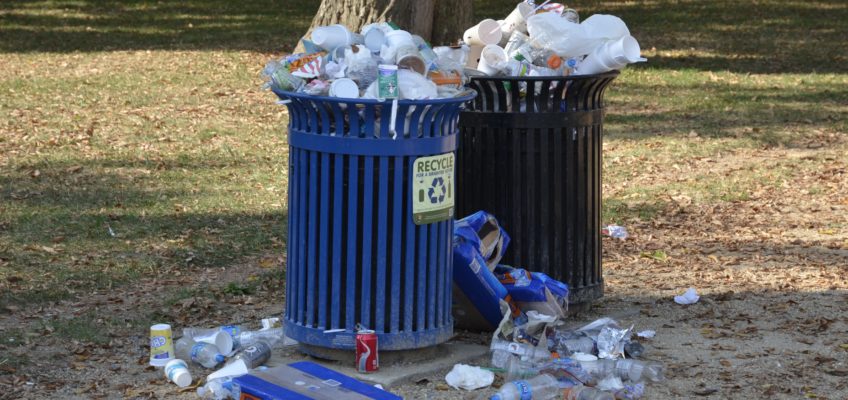Letter submitted to Washington D.C. Council Member Mary Cheh:
 May 4, 2017
May 4, 2017
Dear Council Member Mary Cheh,
Unfortunately I was not available to testify in person on the fiscal budget for 2018 budget for recycling.
I hope you will consider my comments on the recycling component of that budget.
ILSR is opposed to the Mayor’s proposed cuts to the Office of Waste Diversion. Recycling is an economic necessity for the city. If DC adapted best practices used in major cities and small towns across the US, we could add 500 jobs through increased recycling, composting and reuse. For example, based on the results of a recent business report on recycling and jobs in South Carolina, if just one percent of Washington, DC’s residents recycled eight more newspapers per month, it would add $304,000 to the local economy. See, ILSR’s report, Why Should Baltimore Recycle More. This report, just released, provides the details for the city of Baltimore, at https://ilsr.org/report-baltimore-recycle/.
Cutting back on recycling at this time will stunt the progress made by the DPW staff brought in by Mayor Bowser. ILSR and other groups have been working with this staff and appreciate the progress being made. There are challenges ahead to be sure. But a full DPW recycling staff is essential.
I will be pleased to come to your office and provide details of how DC might move forward in this area.
With regard to garbage incineration: There is an on-going debate among scientists as to which form of disposal – incineration or landfilling – pollutes the most. There is an essential difference between the two types of pollution. Incineration of garbage at the Lorton, VA facility is the single leading source of air pollution in Washington, DC. Methane emissions from landfills can be drastically cut if biodegradable organic material is removed from the waste stream, a goal of the legislation you helped pass in 2014. Banning organic materials like food waste with high water content from landfills also greatly reduces landfill leachate, a chemical soup that threatens ground water. Given that incinerators don’t alleviate the need for landfills and create more toxic emissions through the burning process (such as dioxin), here at ILSR, we believe that landfills are the lesser of the two evils. A robust recycling program, of course, will reduce the flow of materials to disposal.
We also urge consideration of a SMART pilot program in the upcoming budget. SMART (Save Money & Reduce Trash Programs), also known as Pay As You Throw (PAYT) programs, help cities manage their solid waste management costs by curbing the unlimited set-out of trash for free. In such programs, citizens pay for the amount of trash they set out for collection. On average, such programs around the country reduce solid waste management costs by 40%. Given this year’s cuts to recycling, this may be a good year for DC to pilot a SMART program and assess the potential savings in solid waste management costs.
ILSR urges you to reintroduce funds for the Office of Waste Diversion.
Thank you for consideration of these comments.
Sincerely,
Neil Seldman, PhD – President
Photo Credit: DrTorstenHenning via Wikimedia Commons (CC 1.0).
Follow the Institute for Local Self-Reliance on Twitter and Facebook and, for monthly updates on our work, sign-up for our ILSR general newsletter.





